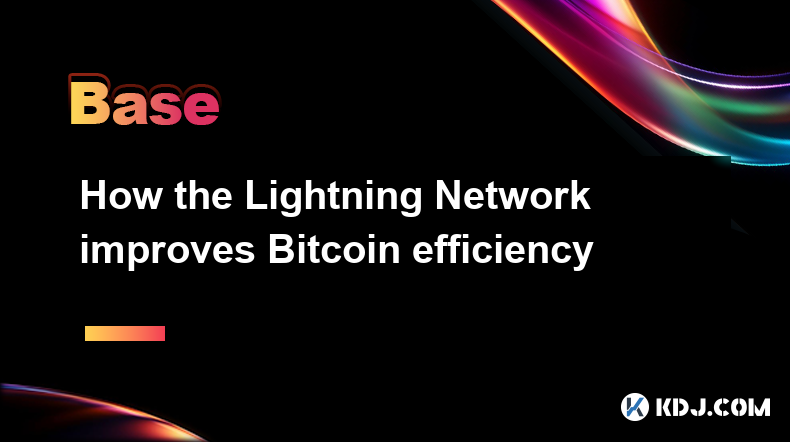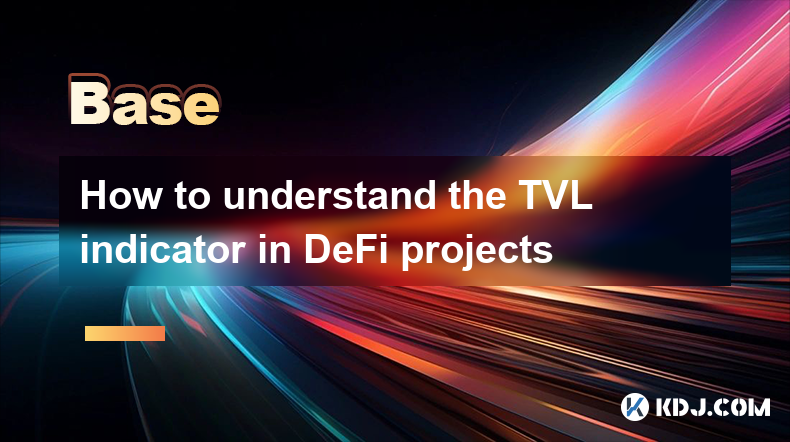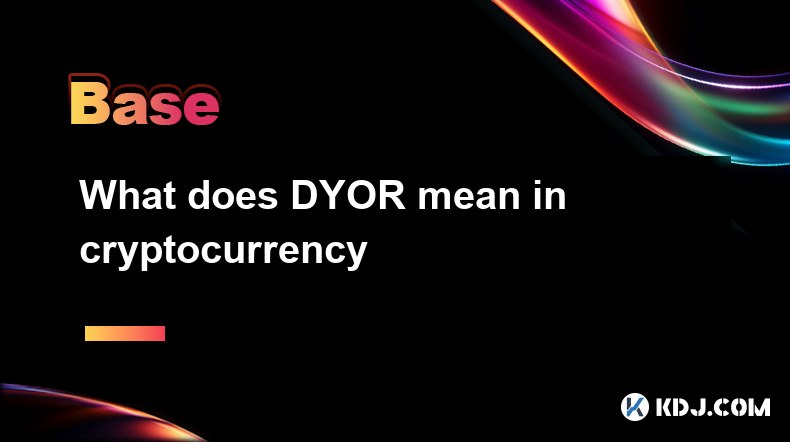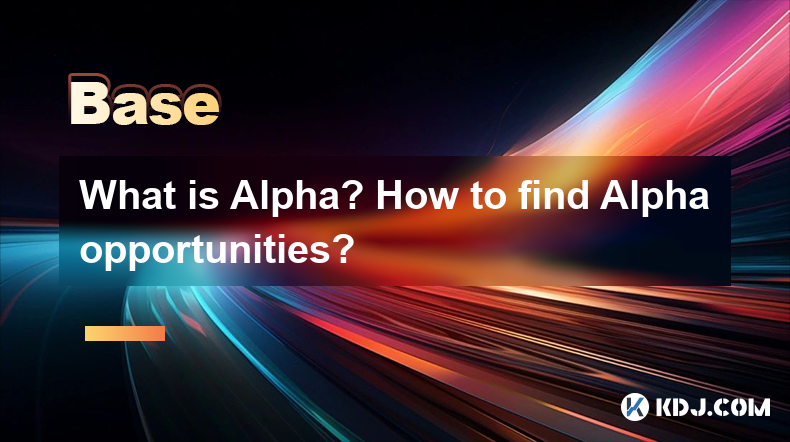-
 Bitcoin
Bitcoin $84,650.6039
1.12% -
 Ethereum
Ethereum $1,598.2028
1.34% -
 Tether USDt
Tether USDt $0.9997
-0.03% -
 XRP
XRP $2.1078
1.77% -
 BNB
BNB $587.8170
1.08% -
 Solana
Solana $133.8641
6.87% -
 USDC
USDC $1.0002
0.01% -
 TRON
TRON $0.2474
-2.42% -
 Dogecoin
Dogecoin $0.1566
2.47% -
 Cardano
Cardano $0.6212
2.83% -
 UNUS SED LEO
UNUS SED LEO $9.4611
0.96% -
 Chainlink
Chainlink $12.5054
3.10% -
 Avalanche
Avalanche $19.3976
3.15% -
 Toncoin
Toncoin $2.9605
3.61% -
 Stellar
Stellar $0.2389
1.75% -
 Shiba Inu
Shiba Inu $0.0...01186
1.92% -
 Sui
Sui $2.1056
2.04% -
 Hedera
Hedera $0.1604
2.35% -
 Bitcoin Cash
Bitcoin Cash $332.3429
4.62% -
 Polkadot
Polkadot $3.6316
3.71% -
 Litecoin
Litecoin $75.2379
1.57% -
 Hyperliquid
Hyperliquid $16.7140
10.27% -
 Dai
Dai $0.9999
-0.01% -
 Bitget Token
Bitget Token $4.3636
0.77% -
 Ethena USDe
Ethena USDe $0.9991
-0.02% -
 Pi
Pi $0.6066
0.02% -
 Monero
Monero $217.4747
0.05% -
 Uniswap
Uniswap $5.2126
1.45% -
 Pepe
Pepe $0.0...07297
2.27% -
 OKB
OKB $50.9568
-1.99%
What is NFT? Why can it represent digital ownership?
NFTs are unique tokens on blockchains like Ethereum, representing digital ownership of assets like art and music through their indivisibility and transparency.
Apr 08, 2025 at 03:57 am

What is NFT? Why Can It Represent Digital Ownership?
Non-fungible tokens (NFTs) have become a buzzword in the cryptocurrency world, representing a unique way to prove ownership of digital assets. But what exactly are NFTs, and how do they manage to represent digital ownership? Let's dive deep into the world of NFTs to understand their essence and functionality.
Understanding NFTs
NFTs are unique cryptographic tokens that exist on a blockchain, most commonly Ethereum. Unlike cryptocurrencies such as Bitcoin or Ethereum, which are fungible and can be exchanged on a one-to-one basis, NFTs are indivisible and unique. This uniqueness is what allows them to represent ownership of specific digital items, such as art, music, videos, and even virtual real estate.
Each NFT contains distinct information that makes it different from any other token. This information is stored on the blockchain, providing a transparent and immutable record of ownership. The blockchain's decentralized nature ensures that once an NFT is created and its ownership is recorded, it cannot be altered or duplicated.
How NFTs Represent Digital Ownership
The ability of NFTs to represent digital ownership stems from several key features:
Uniqueness: Each NFT has a unique identifier, ensuring that no two NFTs are the same. This uniqueness is crucial for proving ownership of a specific digital asset.
Indivisibility: Unlike fungible tokens, NFTs cannot be split into smaller units. This indivisibility ensures that the ownership of the digital asset remains whole and cannot be fragmented.
Transparency: The blockchain records all transactions related to an NFT, providing a clear history of ownership. Anyone can verify the authenticity and ownership of an NFT by checking its transaction history on the blockchain.
Smart Contracts: NFTs often use smart contracts to enforce rules and automate the transfer of ownership. These contracts can include conditions such as royalties for the original creator whenever the NFT is sold, ensuring ongoing benefits for artists and creators.
The Creation and Sale of NFTs
Creating an NFT involves a process called minting. Here's how it works:
Choose a Blockchain: Most NFTs are created on the Ethereum blockchain, but other blockchains like Binance Smart Chain and Flow are also used.
Select an NFT Marketplace: Platforms like OpenSea, Rarible, and Mintable allow users to create and sell NFTs. Each platform has its own set of fees and features.
Create the Digital Asset: The digital asset you want to tokenize (e.g., a piece of art or a music file) needs to be ready.
Upload and Mint: Upload your digital asset to the chosen platform and follow the platform's instructions to mint your NFT. This usually involves paying a gas fee to cover the transaction costs on the blockchain.
List for Sale: Once minted, you can list your NFT for sale on the marketplace. You can set a fixed price or opt for an auction format.
Use Cases of NFTs
NFTs have a wide range of applications, demonstrating their versatility in representing digital ownership:
Art: Artists can tokenize their work, allowing them to sell unique digital pieces and retain royalties from future sales.
Music: Musicians can release exclusive tracks or albums as NFTs, providing fans with unique ownership and potential benefits.
Gaming: In-game items such as skins, weapons, and virtual land can be tokenized as NFTs, allowing players to truly own and trade these assets.
Collectibles: Digital collectibles, such as virtual trading cards or rare digital items, can be bought, sold, and traded as NFTs.
Virtual Real Estate: Platforms like Decentraland allow users to buy and sell virtual land as NFTs, creating a new form of digital property.
The Impact of NFTs on Digital Ownership
The rise of NFTs has significant implications for the concept of digital ownership. By providing a secure and verifiable way to own digital assets, NFTs empower creators and collectors alike. Artists can monetize their digital creations in new ways, while collectors can own unique pieces of digital culture.
Moreover, NFTs challenge traditional notions of ownership and value in the digital realm. The ability to prove ownership of a digital asset through a blockchain opens up new possibilities for how we perceive and interact with digital content.
Frequently Asked Questions
Q: Can NFTs be copied or duplicated?
A: While the digital asset associated with an NFT can be copied, the NFT itself cannot be duplicated. The uniqueness of the NFT is ensured by its unique identifier on the blockchain, which cannot be replicated. However, the value of an NFT often lies in its scarcity and the cultural or social value attached to it, rather than the digital asset itself.
Q: What happens if the platform hosting an NFT shuts down?
A: The ownership of an NFT is recorded on the blockchain, which is independent of any specific platform. If a platform shuts down, the NFT still exists on the blockchain, and its ownership can be transferred to another platform or wallet. However, the ability to display or interact with the NFT might be affected if the platform was responsible for hosting the digital asset.
Q: Are there any environmental concerns associated with NFTs?
A: Yes, the creation and trading of NFTs on blockchains like Ethereum can have a significant environmental impact due to the energy consumption required for mining and transaction validation. However, efforts are being made to transition to more eco-friendly blockchain solutions, such as Ethereum's move to proof-of-stake with Ethereum 2.0.
Q: Can NFTs be used for physical assets?
A: While NFTs are primarily used for digital assets, they can also be used to represent ownership of physical items. For example, an NFT could be linked to a physical artwork or a collectible, serving as a digital certificate of ownership. However, the practical implementation and legal enforceability of such use cases can be complex and require additional infrastructure.
Disclaimer:info@kdj.com
The information provided is not trading advice. kdj.com does not assume any responsibility for any investments made based on the information provided in this article. Cryptocurrencies are highly volatile and it is highly recommended that you invest with caution after thorough research!
If you believe that the content used on this website infringes your copyright, please contact us immediately (info@kdj.com) and we will delete it promptly.
- SUI holds firm at $2 as wedge breakout nears
- 2025-04-17 21:15:12
- Dawgz AI ($DAGZ) Shows Strong Presale Momentum, Targeting Breakout Potential After Launch
- 2025-04-17 21:15:12
- Amazon Web Services (AWS) Outage Freezes Cryptocurrency Withdrawals on Binance, KuCoin, and MEXC
- 2025-04-17 21:10:13
- Introducing Initia (INIT) to Binance Launchpool
- 2025-04-17 21:10:13
- How Much Could 2,500 ONDO Tokens Make You by the End of 2025?
- 2025-04-17 21:05:14
- Bitcoin (BTC) Infrastructure Developer Lombard Finance Launches One-Click Staking SDK
- 2025-04-17 21:05:14
Related knowledge

How the Lightning Network improves Bitcoin efficiency
Apr 17,2025 at 08:56pm
The Lightning Network represents a significant advancement in the Bitcoin ecosystem, aiming to address some of the most pressing issues related to transaction speed and cost. By enabling off-chain transactions, the Lightning Network drastically improves Bitcoin's efficiency, allowing for faster and cheaper transactions. This article will explore how the...

Analysis of the KYC process of cryptocurrency exchanges
Apr 17,2025 at 05:07pm
The Know Your Customer (KYC) process is a critical component in the operations of cryptocurrency exchanges. It serves as a regulatory measure to prevent fraud, money laundering, and other illicit activities. KYC procedures are designed to verify the identity of users and ensure compliance with financial regulations. This article delves into the various ...

What does Floor Price mean in the NFT market
Apr 17,2025 at 12:42am
The term Floor Price is a critical concept within the NFT (Non-Fungible Token) market, serving as a key indicator for both buyers and sellers. In essence, the floor price represents the lowest price at which an NFT from a particular collection is currently listed for sale on a marketplace. This price point is crucial for understanding the perceived valu...

How to understand the TVL indicator in DeFi projects
Apr 17,2025 at 03:28pm
Understanding the TVL indicator in DeFi projects is crucial for investors and enthusiasts looking to gauge the health and popularity of decentralized finance platforms. TVL, or Total Value Locked, represents the total amount of assets that are currently staked or locked in a DeFi protocol. This metric serves as a barometer for the trust and interest tha...

What does DYOR mean in cryptocurrency
Apr 17,2025 at 03:00pm
DYOR, or 'Do Your Own Research,' is a crucial mantra in the cryptocurrency community. It emphasizes the importance of individuals conducting their own thorough investigations before making any investment decisions. In the fast-paced and often volatile world of cryptocurrencies, relying solely on others' advice or the hype surrounding a particular coin c...

What is Alpha? How to find Alpha opportunities?
Apr 16,2025 at 12:42pm
What is Alpha?Alpha is a term widely used in the financial world, including the cryptocurrency market, to describe the ability of an investment to outperform a benchmark. In the context of cryptocurrencies, alpha refers to the excess return an investor achieves over the market's average return. For example, if the overall crypto market grows by 10% in a...

How the Lightning Network improves Bitcoin efficiency
Apr 17,2025 at 08:56pm
The Lightning Network represents a significant advancement in the Bitcoin ecosystem, aiming to address some of the most pressing issues related to transaction speed and cost. By enabling off-chain transactions, the Lightning Network drastically improves Bitcoin's efficiency, allowing for faster and cheaper transactions. This article will explore how the...

Analysis of the KYC process of cryptocurrency exchanges
Apr 17,2025 at 05:07pm
The Know Your Customer (KYC) process is a critical component in the operations of cryptocurrency exchanges. It serves as a regulatory measure to prevent fraud, money laundering, and other illicit activities. KYC procedures are designed to verify the identity of users and ensure compliance with financial regulations. This article delves into the various ...

What does Floor Price mean in the NFT market
Apr 17,2025 at 12:42am
The term Floor Price is a critical concept within the NFT (Non-Fungible Token) market, serving as a key indicator for both buyers and sellers. In essence, the floor price represents the lowest price at which an NFT from a particular collection is currently listed for sale on a marketplace. This price point is crucial for understanding the perceived valu...

How to understand the TVL indicator in DeFi projects
Apr 17,2025 at 03:28pm
Understanding the TVL indicator in DeFi projects is crucial for investors and enthusiasts looking to gauge the health and popularity of decentralized finance platforms. TVL, or Total Value Locked, represents the total amount of assets that are currently staked or locked in a DeFi protocol. This metric serves as a barometer for the trust and interest tha...

What does DYOR mean in cryptocurrency
Apr 17,2025 at 03:00pm
DYOR, or 'Do Your Own Research,' is a crucial mantra in the cryptocurrency community. It emphasizes the importance of individuals conducting their own thorough investigations before making any investment decisions. In the fast-paced and often volatile world of cryptocurrencies, relying solely on others' advice or the hype surrounding a particular coin c...

What is Alpha? How to find Alpha opportunities?
Apr 16,2025 at 12:42pm
What is Alpha?Alpha is a term widely used in the financial world, including the cryptocurrency market, to describe the ability of an investment to outperform a benchmark. In the context of cryptocurrencies, alpha refers to the excess return an investor achieves over the market's average return. For example, if the overall crypto market grows by 10% in a...
See all articles























































































